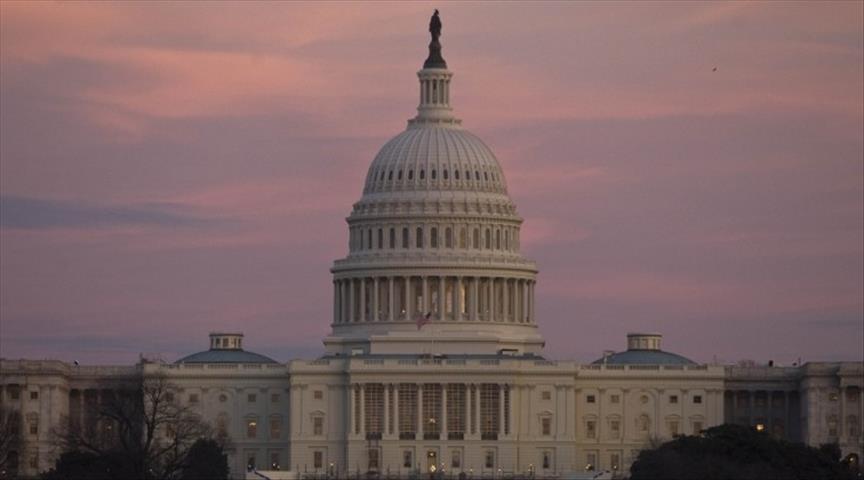Liquefied natural gas projects are expected to accelerate in the U.S. after the Senate's control passed to the Republicans who want to expedite gas export applications of American companies, say experts.
Although the 40-year-old ban on exporting crude oil and restrictions on selling LNG overseas remain unchanged in the U.S., the Republicans have voiced their concerns in the last few months in favor of their removal.
Lisa Murkowski, the republican senator of Alaska, has been one of the strongest advocates for reforming U.S. energy policies, and she is anticipated to take over the U.S. Senate committee on Energy and Natural Resources.
After gaining control of the Senate in the congressional elections last week, the 'Grand Old Party' is expected to lead some energy reforms, beginning with expediting natural gas exports.
"I do expect fairly quick action on accelerating the LNG exports," said Andrew Holland, an energy expert at the Washington-based American Security Project.
"That would come sooner than lifting the oil export ban, and maybe even before the end of this year," he added.
The U.S. regulatory agencies have to grant approval and permits for the American companies before they export natural gas to countries that the U.S. does not have a free trade agreement with.
The U.S. Department of Energy and the Federal Energy Regulatory Commission are in charge of regulating LNG projects and exports.
"I expect that the federal regulatory commission will continue to approve LNG export licenses," said Ed Hirs, an energy economist at the University of Houston.
"It’s a very bureaucratic process that takes a significant amount of time," said Hirs, adding that the approval of licenses should be expedited for the U.S. to head start the LNG race in global markets.
"I don’t want the U.S. to be the last to build its LNG facilities because Australia, China and India might discover and develop their own shale gas resources," Hirs said.
Australia, Qatar, Russia, Iran and Algeria are some of the largest exporters of LNG in the world, according to the U.S. Energy Information Administration.
During the Obama administration, when the Democrats had control of the Senate, the Federal Energy Regulatory Commission approved four LNG export projects in three years.
"The Obama administration has said that they are allowing permits to go through," said Holland. "They have just been quite slow about the process," he added.
The first export permit was given to Cheniere’s Sabine Pass project in Louisiana in 2012, which is expected to ship its first cargo at the end of 2015.
While Carib Energy’s facility in Florida and Sempra Energy’s Cameron LNG facility in Louisiana were approved in September, Dominion Resources' Cove Point LNG project in the state of Maryland gained the green light in October.
Only ConocoPhillips' Kenai LNG plant in Alaska targets Asia-Pacific markets, while it exports mostly to Japan.
By Ovunc Kutlu
Anadolu Agency


